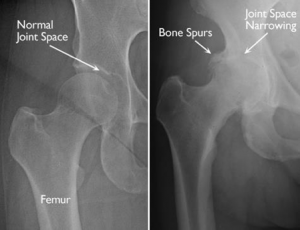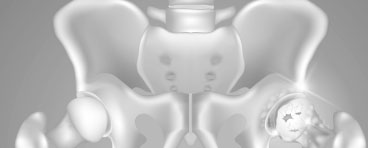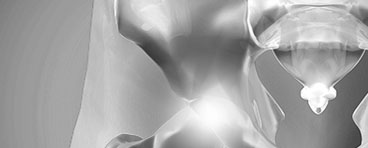Click on the links below to find out more
Hip Osteoarthritis
DESCRIPTION
Hip Arthritis means inflammation of the hip joint, this most commonly occurs as we get older and our joints start to wear out (similar to the tyres on a car). Normal cartilage is very smooth, slippery and allows the bones to glide very smoothly across each other. Over time this cartilage degenerates and wears out, this causes bone to rub on bone which is generates inflammation and pain. Over time bone spurs and cysts form, and the joint becomes stiff.
CAUSES OF HIP ARTHRITIS
Most hip arthritis is caused by an underlying problem in the hip such as:
- Hip dysplasia (when the hip fails to form normally as a child)
- Femoroacetabular Impingement (FAI – ‘stiff hips’)
- Trauma (eg previous fractures)
- Inflammatory conditions (eg Rheumatoid Arthritis, Ankylosing Spondylitis)
- Infections
- Childhood hip disorders which have progressed to adulthood (eg Perthes Disease)
- “Wear and Tear” without an underlying problem has been suggested by some to cause <15% of hip arthritis
Cartilage has a very limited ability to heal, so once it shows signs of wear and tear it is unlikely to heal by itself. Over time it will progress as the joint continues to be used. However, early treatment can improve your symptoms and manage your arthritis to keep you on your feet.

(Left) In this x-ray of a normal hip, the space between the ball and socket indicates healthy cartilage. (Right) This x-ray of an arthritic hip shows severe loss of joint space and bone spurs
SYMPTOMS OF HIP ARTHRITIS
Symptoms of hip arthritis are typically pain and stiffness. Normally the pain is felt within the groin, and is a deep ache, which grips deep within the hip. It may also be felt at thigh pain, outer hip pain, buttock pain, and occasionally knee pain.
The pain is classically be aggravated by walking and activity. Over time it will gradually worsen, and there may be periods where the pain may acutely flare up. It will progress to causing walking difficulty, and often other people (spouse/relative/friends) may notice your limp. The hip will slowly stiffen up, and in severe cases patients’ may complain of a ‘grating’ or ‘clunking’ noise/feeling with movement as bone rubs on bone.
Initially symptoms may be mild, however, most patients will have a progression of symptoms over time. As symptoms progress, the pain typically interferes with sleep, causes reduced mobility, and patients may put on weight as a result of an inability to exercise and do their normal incidental activities of daily living. If you are noticing problems, it is wise to be carefully evaluated by a hip specialist to prevent deterioration in your condition.
If you have symptoms of hip pain, or arthritis, please contact us to schedule an appointment, so that we can improve your quality of life and get you back on your feet.

Dr David Slattery
FRACS MBBS (Hons) LLB FAOrthA
Dr David Slattery is an orthopaedic surgeon based in Melbourne with over 10 years of experience, with a special focus on hip and knee joint preservation and replacement. With qualifications in both medicine and law, he brings a unique and comprehensive approach to patient care. His surgical techniques are minimally invasive and evidence-based, designed to reduce pain and enhance recovery.
Trained in leading institutions across Europe and the USA, Dr Slattery offers advanced treatments for a wide range of joint conditions. He is deeply committed to patient outcomes and takes pride in tailoring treatment plans to each individual. Whether you’re an athlete or seeking relief from chronic joint pain, his goal is to restore function and improve your quality of life.







